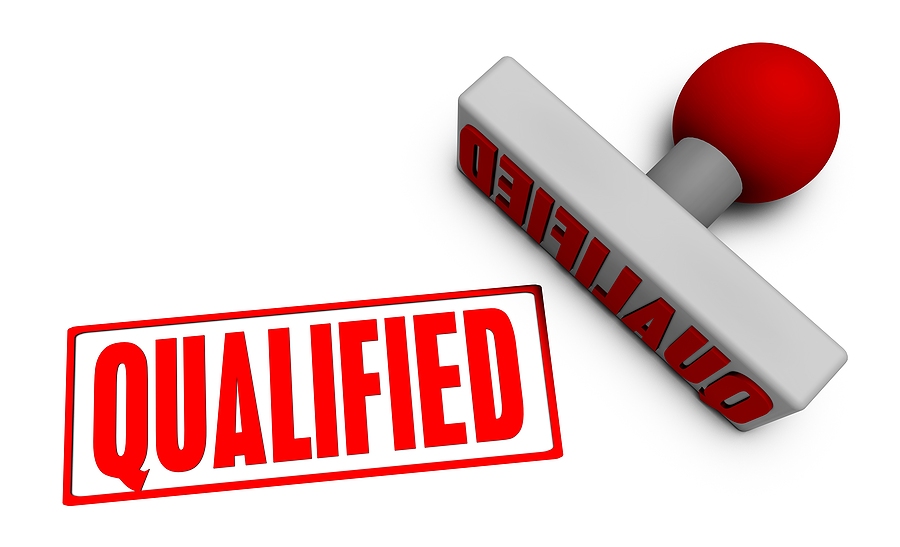Navigating the murky waters of the legal system can often feel like an insurmountable task, particularly for individuals seeking a fresh start after a brush with the law. Indiana’s expungement laws serve as a beacon of hope, offering a path to redemption for those who qualify.
This blog post aims to demystify the expungement process in Indiana, outlining who is eligible, the benefits of expungement, and the steps involved in clearing one’s name. Whether you’re seeking to erase a minor misdemeanor or a more serious felony from your record, understanding the road to redemption is the first step toward reclaiming your future.

Who is Eligible for Expungement in Indiana?
Under Indiana law, individuals who have been arrested, charged, or convicted of a crime may be eligible for expungement. This includes both misdemeanor and felony offenses. However, certain crimes are ineligible for expungement, such as those involving violence or sexual misconduct. Additionally, individuals with multiple convictions may still be eligible for expungement, but the process may vary depending on the severity and nature of the offenses. It’s important to consult with a qualified attorney to determine your eligibility for expungement.
The Benefits of Expungement
The main benefit of expungement is that it allows individuals to clear their criminal record and move forward without the stigma and barriers associated with having a criminal record. This can open up new opportunities for employment, housing, and other areas of life that are often closed off to those with a criminal history. Additionally, expungement can provide a sense of closure and peace of mind for individuals who have paid their debt to society and are seeking a fresh start.
The Steps Involved in Expungement
The process of expungement in Indiana involves several steps, including petitioning the court, notifying the appropriate agencies, and attending a hearing. It’s important to have a thorough understanding of each step and to follow all procedures carefully to ensure a successful outcome.
First, individuals must file a petition with the court where their conviction or arrest occurred. The petition must include information about the case, such as the date of the offense, charge or conviction, and any relevant documentation.
Once the petition is filed, notice must be provided to all agencies involved in the case, such as law enforcement and prosecuting attorneys. After all parties have been notified, a hearing will be scheduled where a judge will review the petition and determine whether to grant expungement.
Why You Need a Lawyer to Help You File Your Expungement Petition
Navigating the complexities of the expungement process in Indiana can be overwhelming, which is why it’s highly recommended to seek the assistance of a qualified attorney. A lawyer can guide you through each step of the process, ensuring that all paperwork and documentation is properly filed and submitted. They can also help determine your eligibility for expungement and represent you in court if necessary.
Just one simple error can revoke your application, and with it, your opportunity to ever file for expungement again. You only get one shot, so be sure you have a professional helping you along the way. Having an experienced attorney by your side can greatly increase the chances of a successful outcome and help you achieve the fresh start you deserve.
Conclusion
Expungement laws in Indiana offer a second chance for individuals who have made mistakes in their past. It’s important to understand the eligibility requirements and the process involved in seeking expungement. Consulting with an experienced attorney can help ensure a successful outcome and provide guidance throughout the entire process. With determination, patience, and understanding, the road to redemption through expungement is within reach for many individuals in Indiana. So, it is crucial to seek legal assistance and take the necessary steps towards a brighter future. Remember, everyone deserves a second chance and expungement laws in Indiana are designed to provide just that. Let this be your first step towards reclaiming your life and moving forward with confidence.
Taking advantage of Indiana’s expungement laws can help you move forward in life and open up more opportunities for you in the future. Contact us at 317-636-7514 to schedule a free initial consultation with an experienced expungement lawyer in Indianapolis. Our Indiana criminal expungement services start as low as $850!
Related Posts:
Expungement in Indiana: Are You Eligible to Erase Your Criminal Record?
Wiping the Slate Clean: Navigating Indiana’s Expungement Process for a New Beginning
A Comprehensive Guide to Record Sealing in Indiana

